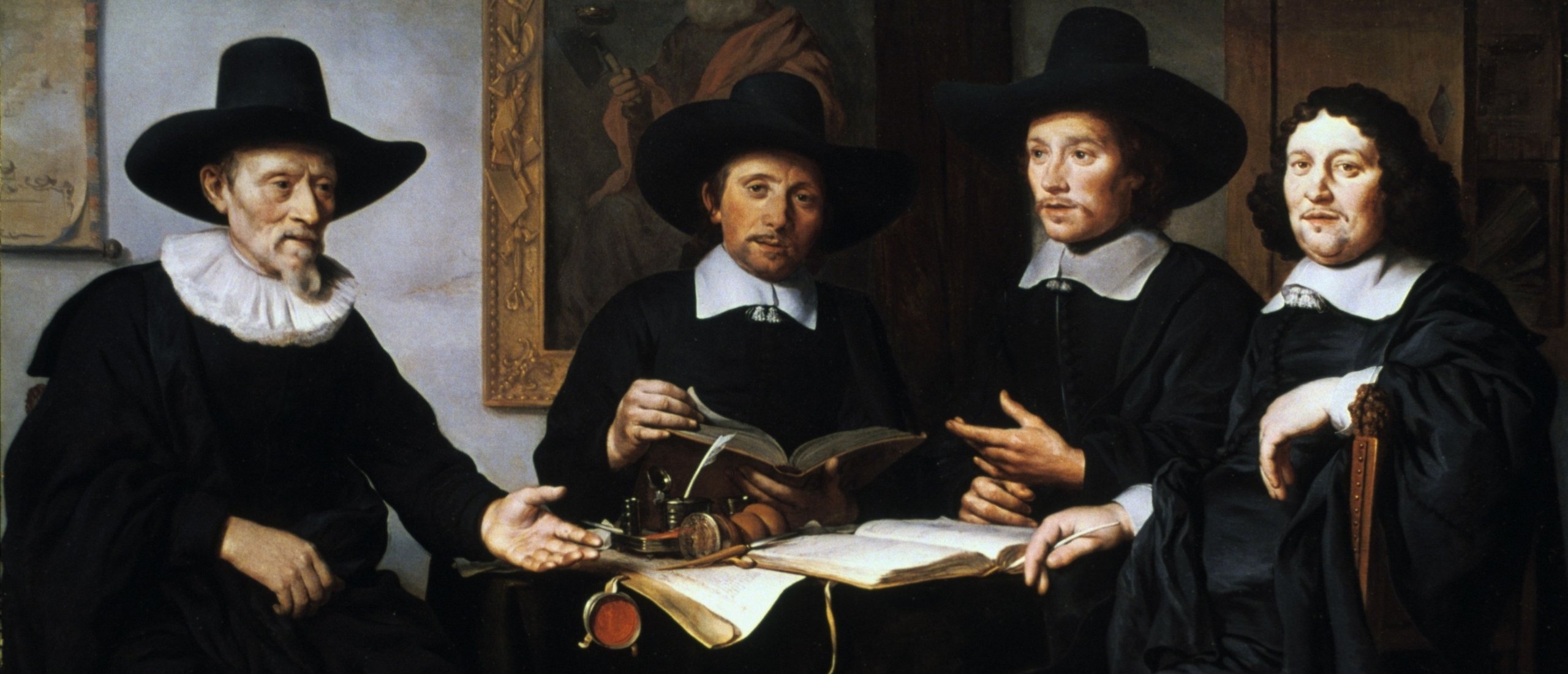
History
The Netherlands has a long and rich history, dating back to the Roman era. The country has been ruled by a variety of different powers over the centuries, including the Romans, the Franks, the Spanish, and the French. The Netherlands also played a major role in the Age of Exploration, and it was one of the founding members of the European Union.
Early history
The first inhabitants of the Netherlands were the Frisians, who arrived in the area around 500 BC. The Frisians were a Germanic tribe who lived in a region that is now known as Friesland. They were a seafaring people who were known for their shipbuilding and their trade with other parts of Europe.
In the 1st century AD, the Romans invaded the Netherlands. The Romans ruled the Netherlands for over 300 years, and they introduced many Roman customs and traditions to the region. The Romans also built roads, bridges, and other infrastructure that helped to develop the Netherlands.
Middle Ages
In the 4th century AD, the Romans withdrew from the Netherlands. The Netherlands was then ruled by a variety of Germanic tribes, including the Franks, the Saxons, and the Frisians. The Franks eventually conquered the Netherlands, and they established the Kingdom of the Franks.
In the 12th century, the Netherlands became a major center of trade and commerce. The Dutch were known for their shipbuilding and their trade with other parts of Europe. The Netherlands also became a major center of art and culture.
Age of Exploration
In the 16th century, the Netherlands began to play a major role in the Age of Exploration. The Dutch East India Company was founded in 1602, and it became one of the most powerful trading companies in the world. The Dutch also established colonies in North America, South America, and Asia.
The Netherlands was also a major center of scientific and technological innovation during the Age of Exploration. The Dutch invented the telescope, the microscope, and the printing press. They also made significant advances in mathematics, physics, and chemistry.
18th and 19th centuries
In the 18th century, the Netherlands was ruled by the House of Orange. The Dutch Republic was a constitutional monarchy, and it was one of the most prosperous countries in Europe.
In the 19th century, the Netherlands experienced a period of political and economic change. The Netherlands became a unitary state, and it underwent a period of industrialization.
20th century
In the 20th century, the Netherlands were involved in two world wars. The Netherlands was neutral in World War I, but it was invaded by Germany in World War II. The Netherlands was liberated from German occupation in 1945.
After World War II, the Netherlands became a member of the European Union. The Netherlands has played a leading role in the European Union, and it is one of the most prosperous countries in the world.
Conclusion
The Netherlands has a long and rich history that is full of interesting stories and characters. This article provides a brief overview of the country's history, but there is much more to learn. If you are interested in learning more about the Netherlands, please check our other articles.
